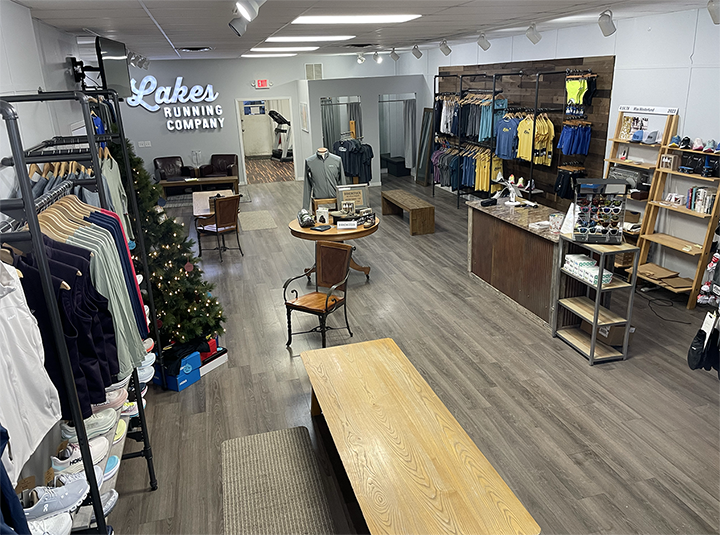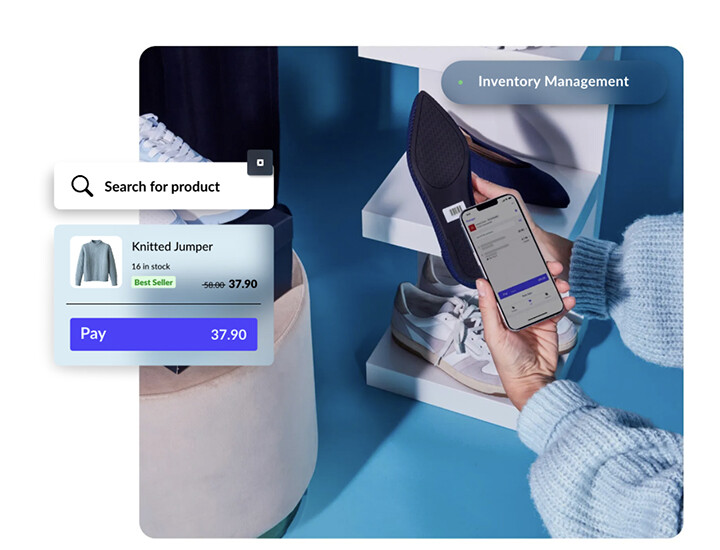Sustainability is an oft-used word in our modern world regarding materials and processes that impact our environment. There are many products to satisfy the needs of the increasing number of runners to whom a brand’s environmental efforts matter.
As a result, the processes involved in their production, as well as the resources of their makeup, are coming under increasing scrutiny, seemingly reaching a crescendo in today’s socio-political climate.
Our favorite products as runners can sometimes fly under the social radar with people otherwise supportive of practices that are aimed at saving the planet, because running is among the most effective activities for overall health and fitness. As a result, there is no good reason not to be concerned about having a habitable planet on which to run.
Rather than being resigned that the materials and processes used to produce our favorite running shoes, apparel and equipment are a necessary evil, the truth is that many of them are actually quite good in spite of their reliance on processes that may be viewed as harmful to the environment.
Kudos go out to the manufacturers whose products have become cleaner and greener in recent years, though the obscurity of the manufacturing process hides their actual sustainable nature as well as their environmental impact.
We reached out to three retailers from different parts of the country to gauge just exactly what that interest is.
Bob Coll, Eugene Running Co., Eugene, OR
“Sustainability seems to be critically important to the youngest consumers. Twenties and Teens are most interested. My hunch is there will be considerable differences based on geography.
“Here in Eugene, there is lots of interest. We get regular questions about Allbirds because of their well-known green initiative. With our heavy Nike slant we’re introducing their Next Nature shoes this year and I have big expectations. I’m sure other brands will be following.”
Robb Finnegan, recently retired
manager at Lincoln Running Company and former owner of Fit Right Northwest in Portland, OR
“I do think it’s important, but it depends more on where the customer is from. Here in Nebraska, I don’t think the consumer really is going to make their buying choice on if it’s sustainable or not. On the other hand, the Portland (Oregon) consumer would probably make a different choice and lean to the more sustainable product.”
David Spetnagel, Owner, Fleet Feet, St. Charles, MO
“I asked our shoe fitting associates to provide ‘recent examples of customers expressing any type of interest in the eco-friendliness of their shoes.’ The results were surprising.
“None reported a customer proactively expressing an interest in sustainability. It was, however, reported that some customers seem swayed when we inform them of a particular style’s eco-friendliness. The latest Brooks Ghost is perhaps the best example of that message seeming to move the needle. That said, sustainability is not a complete afterthought to our customers. Very few request a bag for their purchases and many make the effort to drop off their old shoes for recycling/donation.”
The recent move by many manufacturers to Supercritical foams, produced by using nitrogen as the blowing agent – the same nitrogen which makes up 78 percent of the air we breathe — has made the most technical foams more efficient, more durable and more comfortable on the roads and trails.
Whether customers are asking for the most environmentally friendly products or the most technical, now they don’t have to choose between the two.
There is a similar move to make the upper materials equally green without compromising the performance in the rest of the shoe. So feel free to breathe a little easier, both figuratively as well as literally.






